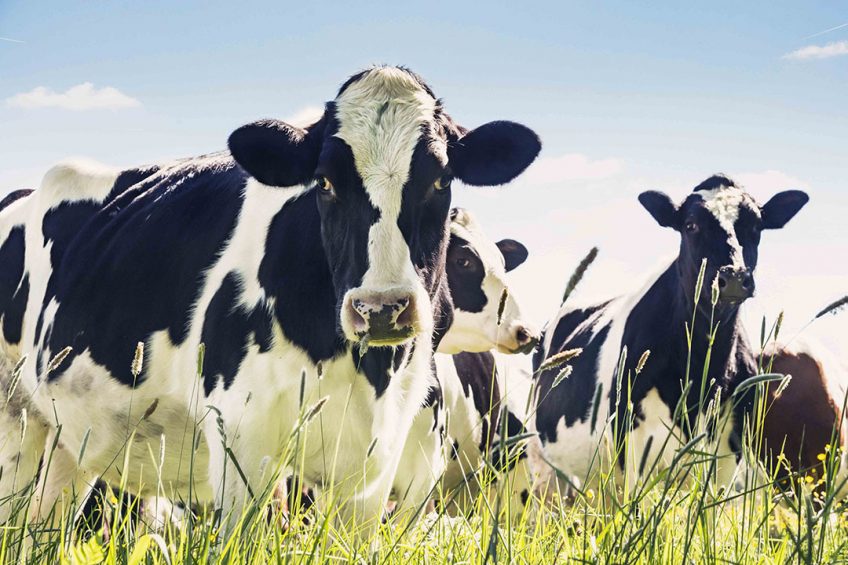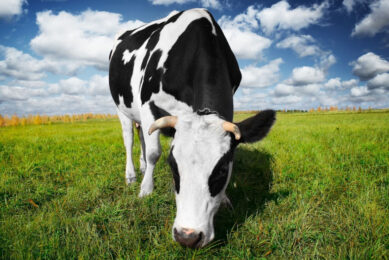Put the breaks on methane emissions

Silvateam presents its latest project devoted to methane emissions in ruminants: Silvafeed BX.
Livestock sector is key to food security, as human population is projected to reach 9-10 billion people by 2050. At the same time, increasing concern in climate change urges livestock industry to improve their sustainability goals and reduce greenhouse gases (GHG) emissions. Exploring strategies that reduce enteric methane production from ruminants has gained a great deal of attention, as it contributes to most of GHG emissions from agriculture sector and almost 6% of global anthropogenic GHG emissions.
Natural feed additives
This is why Silvateam Animal Nutrition Division has redoubled efforts in developing natural, safe, readily available and cost-effective feed additives that contribute to lowering emissions, while meeting consumer demand for high quality food and animal welfare standard. Natural feed additives such as bioactive plant extracts are primarily used to increase animal productivity or improve gut health. Yet, a better understanding of these natural compounds and their effects in the rumen has resulted in the development of Silvafeed BX, an innovative solution to mitigate methane emissions.
Tannins and saponins
The product is a blend of tannins and saponins, which can improve nutrient use efficiency in ruminants and act synergistically as anti-methanogenic agents. Tannins are soluble, polyphenolic compounds widely found in plant kingdom and contribute to the plant defence system. The methane mitigation mechanisms of tannins are likely due to a combination of factors, including a decrease in H2 production or a direct inhibition of methanogens. With regards to saponins, known as natural surfactants, their capacity to reduce protozoal communities in the rumen could explain a lower production of methane. A large body of research papers and scientific reviews have focused on this topic, and Silvateam has gone deeper during the last 5 years conducting both laboratory and field trials aimed at selecting the most effective blend of natural compounds in terms of methane emissions. These assessments lead to the formulation of Silvafeed BX. As such, the company was recently granted a Carbon Trust opinion validating that Silvafeed bioactive compounds can reduce methane emissions in ruminant livestock.
Significant reduction in methane emissions
The most exciting part is yet to come, by the end of this year. First results in dairy cows were presented by the University of Córdoba at the ADSA 2021 Annual Meeting, which showed a significant improvement of feed conversion efficiency. Preliminary results from the University of Bologna indicate that of Silvafeed BX can reduce significantly, the absolute emissions of methane in high-producing dairy cows. At the same time, the company is involved in important research projects across the Atlantic (with Texas and UC Davis Universities) to continue in developing scientific-based evidence on the use of Silvafeed BX to improve the sustainability of ruminant livestock. Most recently, Silvateam got involved in a partnership with the Animal Husbandry Institute from Sao Paulo and the world’s second-largest food company, JBS, to study the reduction of methane emissions on cattle farms as part of their commitment to Net Zero 2040.
Silvateam, as a supplier of natural feed additives, is taking an active part in building a safe path towards more sustainable ruminant livestock farming, an evolution we would all like to witness in the near future.






